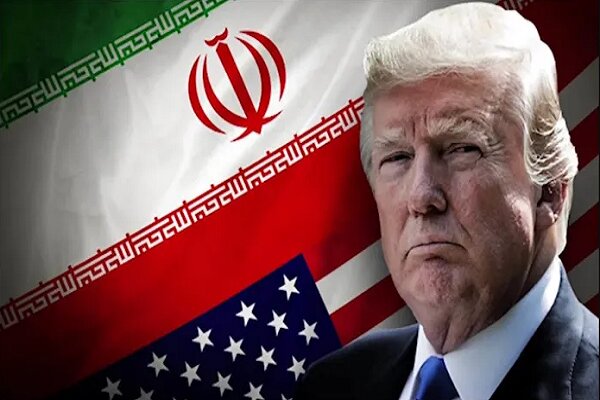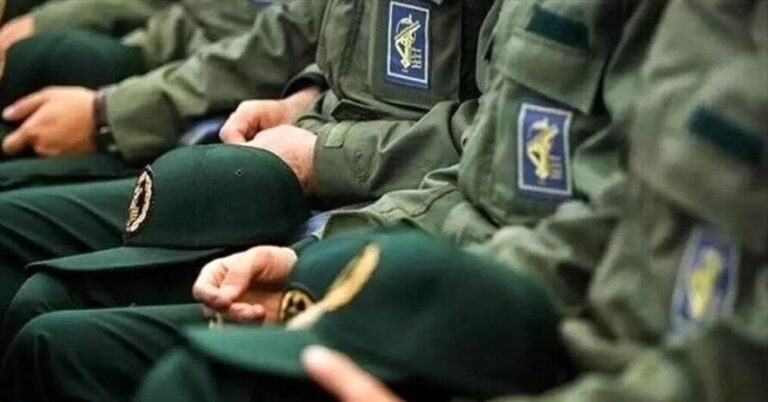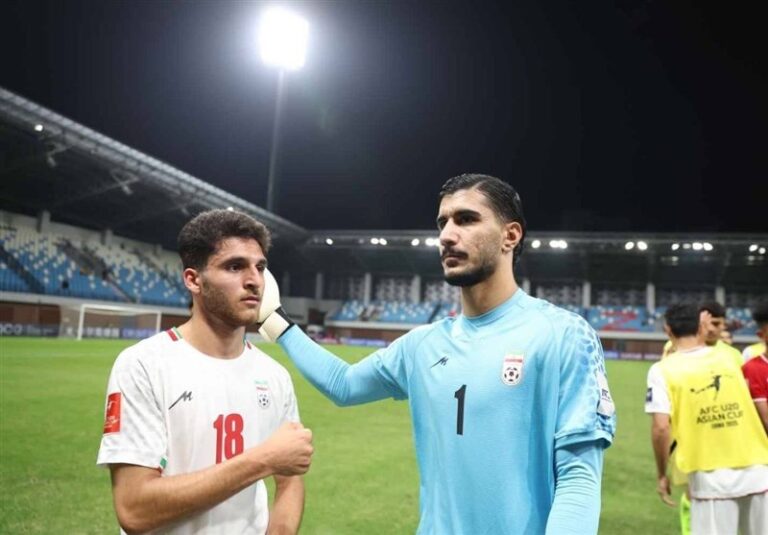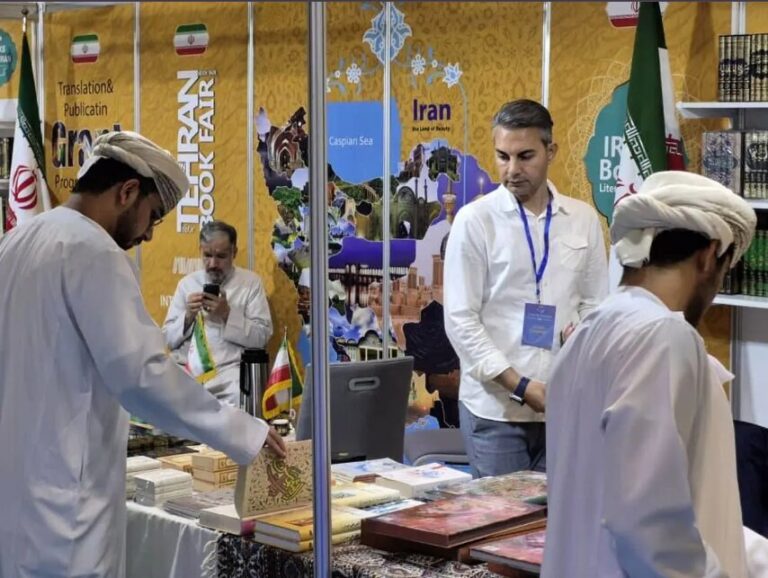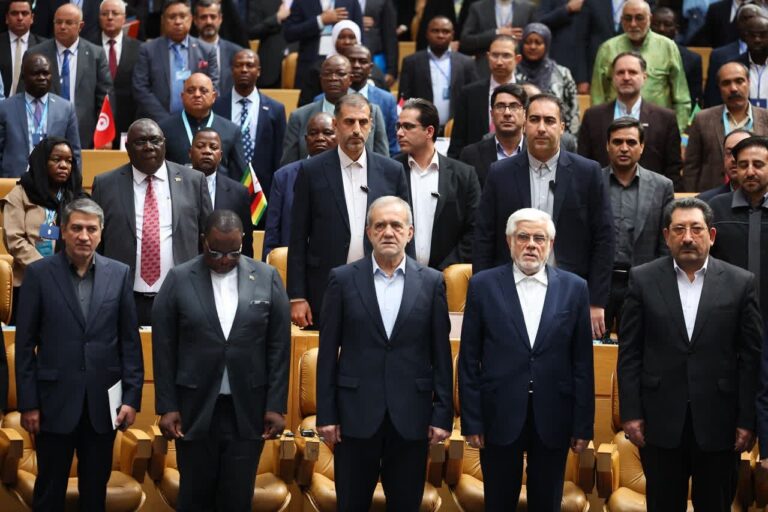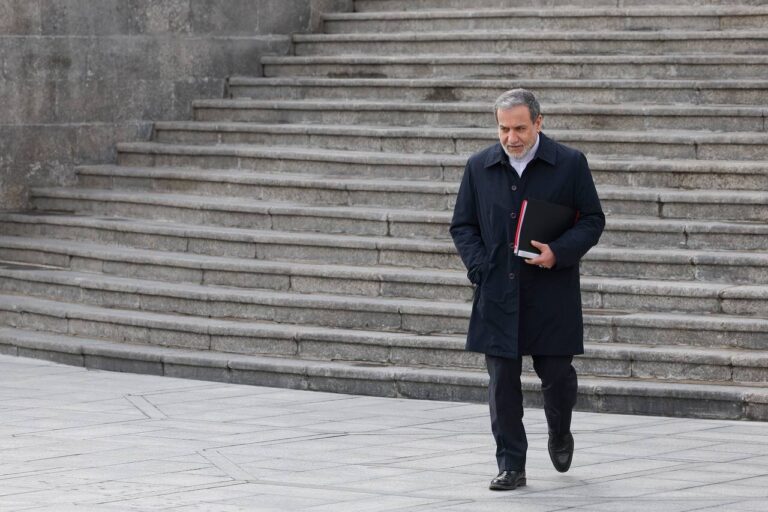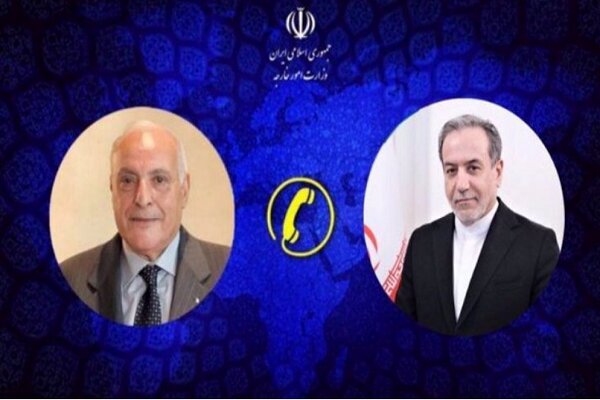Trump Weighs Iran’s Proposal for Indirect Talks: A Game-Changer in Diplomatic Relations?
In recent developments regarding the U.S.-Iran relations, former President Donald Trump has stated a preference for a diplomatic deal while simultaneously issuing threats, indicating that “there will be bombing” if an agreement is not reached. This situation highlights the ongoing tensions and complexities surrounding nuclear negotiations with Iran.
According to a report by Axios, Trump has given Iran a two-month deadline to negotiate a deal, although it remains unclear when this period officially began. Over the weekend, a U.S. official revealed that Trump received Iran’s formal response to a letter he sent to the Leader of the Islamic Revolution, Ayatollah Seyyed Ali Khamenei, three weeks prior.
Trump’s approach involves proposing direct nuclear negotiations; however, Iran has expressed a preference for indirect talks mediated by Oman. The U.S. administration believes that direct discussions could yield a higher chance of success but remains open to the Iranian proposal and does not oppose Oman serving as a mediator, a role it has historically played.
Key Points of the Ongoing Negotiations:
- Trump’s preference for direct negotiations with Iran.
- Iran’s insistence on indirect talks through Omani mediation.
- Ongoing internal discussions within the Trump administration regarding the format of talks.
- Statements from U.S. officials reflecting a desire to explore next steps for trust-building with Iran.
Earlier in March, President Trump publicly mentioned that he had sent a letter to Tehran, expressing hope that Iran would agree to negotiations. “I said I hope you’re going to negotiate, because it’s going to be a lot better for Iran,” Trump stated during an interview with Fox Business Network. This letter was subsequently delivered to Iranian Foreign Minister Abbas Araghchi by Anwar Gargash, the Diplomatic Advisor to the President of the United Arab Emirates, along with an Emirati delegation. Notably, the contents of Trump’s letter have not been disclosed to the public.
Following the delivery of the letter, Araghchi reiterated Iran’s position, stating that Tehran would not engage in direct talks with the U.S. unless there were guarantees that such discussions would be free from threats. The Iranian diplomat emphasized the need for negotiations to adhere to principles such as “honor, wisdom, and expediency.”
On March 30, Iranian President Masoud Pezeshkian confirmed that Iran remains open to the possibility of indirect talks with the United States. However, on the same day, Trump adopted a more aggressive stance, warning of potential bombings and renewed sanctions against Iran. This response has been interpreted as Washington’s preference for threats rather than diplomatic engagement.
Iran’s Reactions to Trump’s Threats:
- Ayatollah Seyyed Ali Khamenei emphasized that any hostile actions by the U.S. would result in a strong and reciprocal response from Iran.
- High-ranking Iranian officials have voiced their concerns regarding the implications of Trump’s threats on the potential for negotiations.
- Iran’s leadership has reiterated its commitment to negotiating under the right conditions, focusing on respect and dignity.
The situation remains fluid, with both sides navigating a complex landscape of diplomacy and threats. As discussions continue, the international community is closely monitoring the developments in U.S.-Iran relations, particularly regarding the potential for a nuclear deal and the implications for regional stability.
In conclusion, the ongoing negotiations between the U.S. and Iran underscore the intricate balance between diplomacy and military threats. While Trump has expressed a desire for a deal, the mixed signals from both parties have left many uncertainties about the future of their relationship.
As the two-month deadline approaches, the world awaits further developments in this critical geopolitical issue, hoping for a resolution that prioritizes peace and stability in the region.
